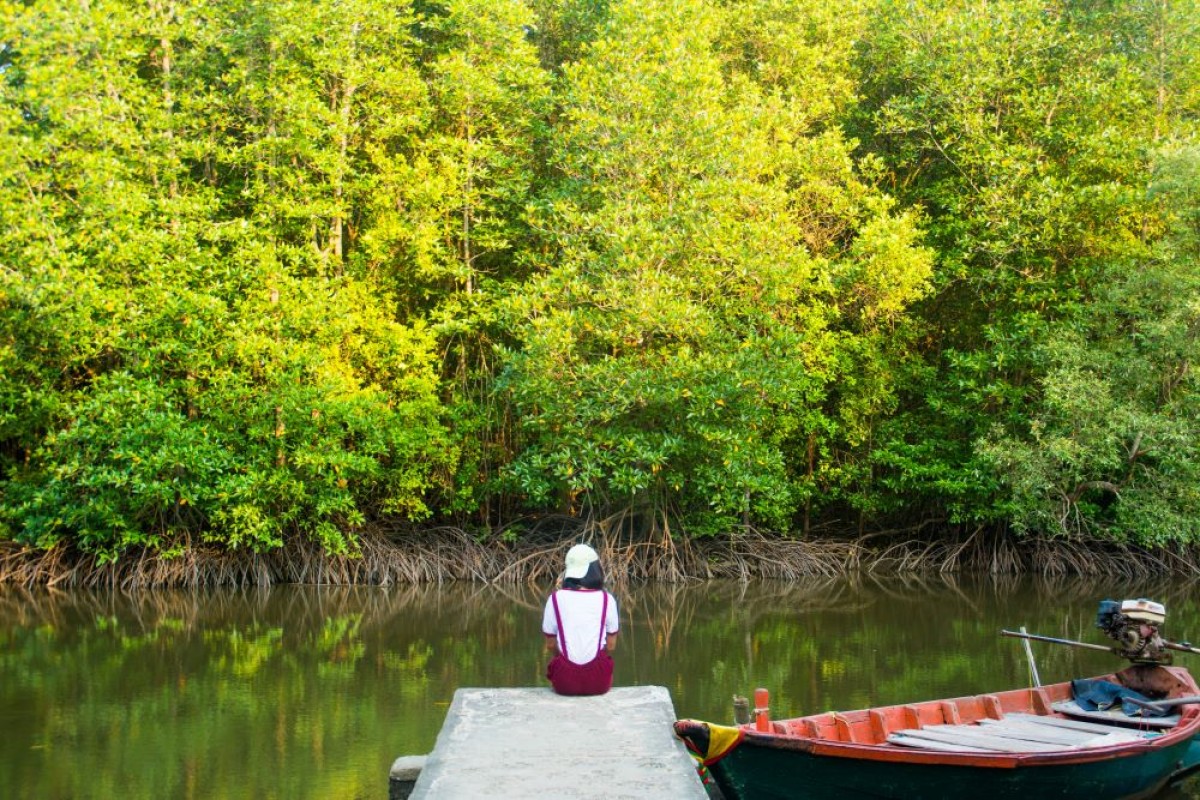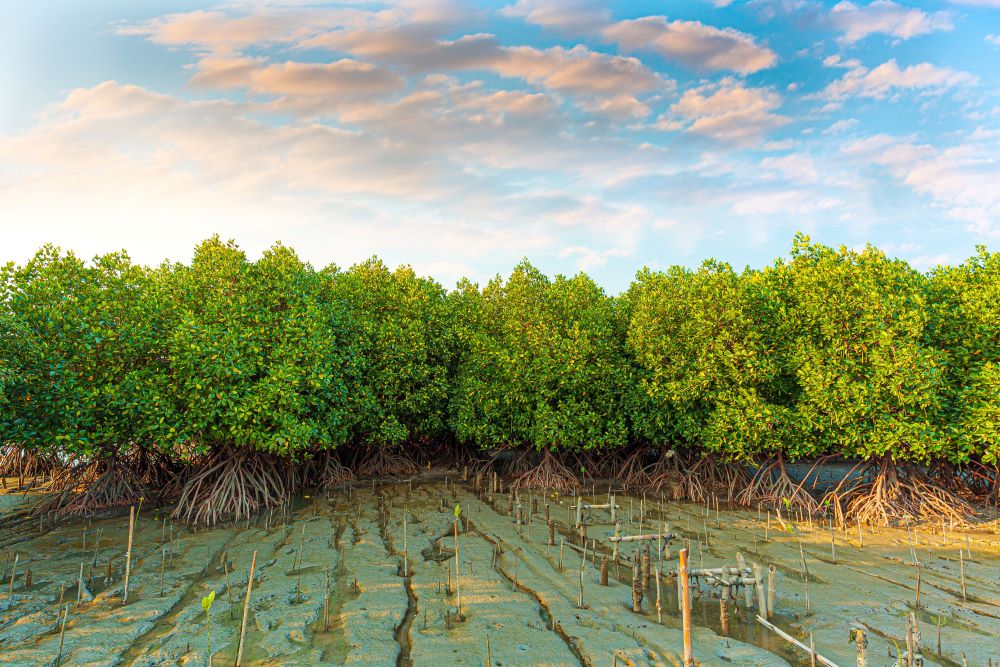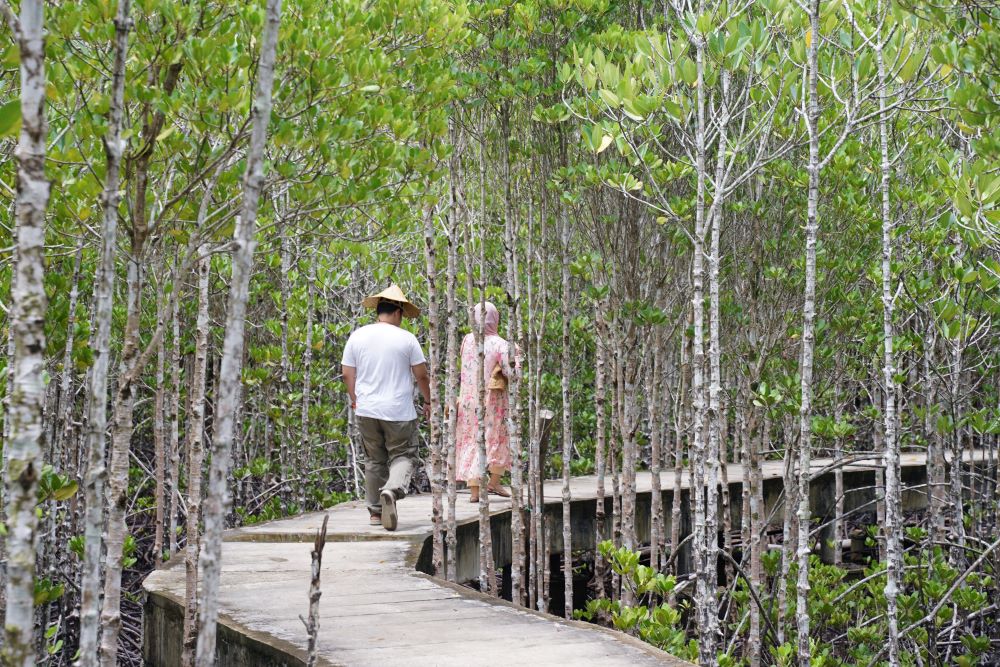
According to the Universal Declaration on Sustainable Environmental Development (Environmentally Sustainable Development), ecotourism is a form of tourism that many nations are focusing on in order to achieve sustainable development. Ecotourism must be responsible tourism in terms of natural attractions, environmental management, and tourist education.
Thailand is a leader in eco-tourism because it has a wealth of distinctive natural and cultural attractions, protects the environment, fosters community involvement in environmental education, and does all of this without compromising the country’s natural resources or endangering the ecosystem.
There are several ways to engage in ecotourism, including hiking, rock climbing, boating or rafting, cycling through rural areas, exploring caverns, waterfalls, and hot springs, as well as taking in local culture. Tourists will be able to fully experience nature through these techniques, learn to appreciate tourist attractions, and become prepared to behave responsibly as tourists.

Being a good tourist must help each other to be careful and not deteriorate tourist attractions by not littering in places, not picking or trampling plants, not writing messages on trees, cave walls, or rocks, not destroy stalactites in caves and corals under the sea, and be friendly to the locals.

The mangrove forest is also a popular eco-tourism location where visitors may kayak through an unusual habitat, witness tens of thousands of bright fireflies perched on a lamphu tree, and even sample fish that is caught in the mangrove forest. Additionally, many mangrove nature study centers have constructed a bridge that allows visitors to easily walk through the mangrove forest and view a variety of plants, including large mangroves, small mangroves, white prongs, red prongs, and others, as well as animals that live there, including mudskippers, Fiddler crabs, mangrove crabs, and numerous birds.

Some special places let children and youth in the area be speakers to tell tourists about the mangrove forest. Until now, it has become a popular eco-tourism destination, such as the Kung Krabaen Bay Study and Development Center under the Royal Initiative of Chanthaburi Province, Sirinat Rajini Mangrove Ecosystem Education Center, Prachuap Khiri Khan Province, and Ngao Mangrove Forest Research Center, Ranong Province, etc.
Source: Department of Marine and Coastal Resources
Tel: +66 2 141 1359